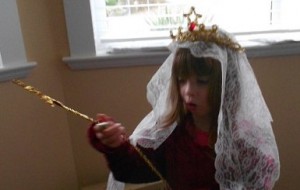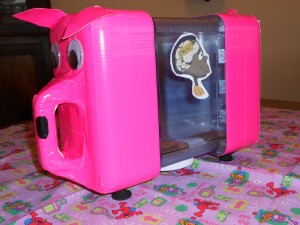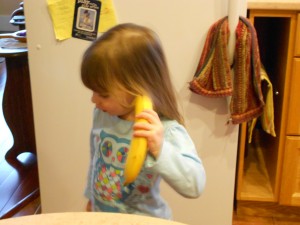Formulas for magic include some special words like Alakazam or Abracadabra or Hocus Pocus. When children are young, many of us remind kids to use the magic words please and thank you. While please and thank you get results, the other ones don’t seem to be very effective; but no matter what the words, words themselves do have magical power—brain power!
The Magic of Words

Did you know when we read and talk to young children their brains make 700 connections per second? That’s 42,000 in only a minute, and just over 1 million in 24 minutes. These connections make the roadways that brains will use for thinking.
Have you heard of multiple intelligences? This states that brains can be intelligent in different ways; one of these ways is “word-smart.” Words are used to communicate with others and with our own selves. Have you ever talked outloud to yourself to figure out a tricky problem? Your brain is “turning up the volume” using the power of words.
Ways to use words with kids could be singing, telling a story, playing with puppets, being the voice of a pet or stuffie, listening to a story at children’s library time, talking about all the things to see while walking to the bus, making up some silly new words and magic spells. In one of the Harry Potter movies, there’s an entire scene on getting the magic words just right. Play word games like thinking of words that rhyme or some that start with the same sound. Pretend to be all kinds of different characters and use their words.
Children remember the sounds of their parents’ voices their whole lives. I can recall my grandmother telling us the poem of the gingham dog and the calico cat. Sometimes, the 4 words, “Do you remember when…” are all it takes for the magic of time and space travel. How will your child play with the magic of words today?


